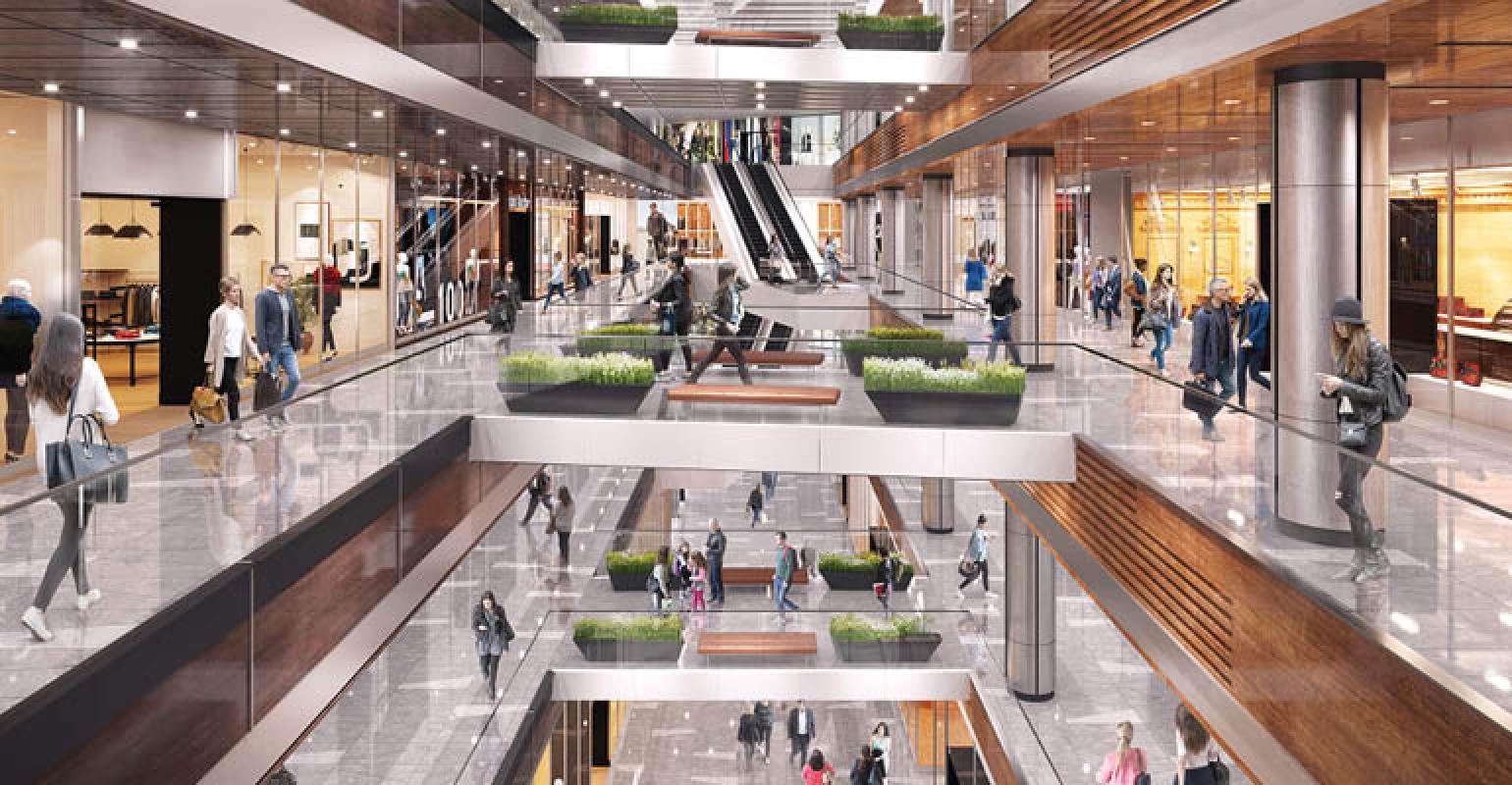The Flourishing Landscape of Retail Real Estate in Florida

Florida’s commercial real estate market, particularly Retail Real Estate, is a dynamic and vital component of the state’s economy. With significant contributions from tourism, population growth, and economic stability, retail spaces in Florida attract substantial investments and interest from developers and businesses alike. This article delves into the current market trends, the impact of the pandemic, high-demand properties, investor challenges, the importance of location, and future developments in Florida’s retail real estate sector.
Current Market Trends
Overview of Market Growth and Key Drivers
The Commercial Real Estate in Florida is experiencing notable growth, driven by several key factors:
• Population Growth: Florida’s population continues to rise, increasing the demand for retail spaces to serve the growing number of residents.
• Tourism: As a major tourist destination, Florida benefits from consistent tourist foot traffic, which boosts retail business and drives the need for more commercial spaces.
• Economic Stability: A robust economy supports business expansion and attracts new enterprises, contributing to the demand for retail properties.
Popular Types of Retail Properties
• Mixed-Use Developments: Combining residential, office, and retail spaces, these developments are becoming increasingly popular as they offer convenience and a comprehensive living experience.
• High-Demand Areas: Cities like Miami, Orlando, and Tampa are hotspots for retail real estate due to their economic activity, population density, and tourist attractions.
Challenges for Investors
Investing in Florida’s retail real estate market comes with its own set of challenges:
• Rising Property Prices: The high demand for prime retail spaces has driven up property prices.
• Competition for Prime Locations: Securing a desirable location can be highly competitive, requiring strategic planning and significant investment.
• Adapting to Consumer Trends: Investors must stay ahead of changing consumer behaviors and preferences, particularly the shift towards e-commerce.
• Balancing Online and Offline Needs: Retail spaces must support both traditional brick-and-mortar operations and online sales, requiring careful planning and investment in infrastructure.
Importance of Location
Key Factors for Success
The success of retail real estate in Florida heavily depends on location:
• High-Traffic Areas: Properties in bustling shopping districts and tourist hotspots tend to perform better.
• Accessibility and Visibility: Easy access and high visibility are crucial for attracting customers.
• Proximity to Complementary Businesses: Retail spaces near complementary businesses benefit from increased foot traffic and cross-shopping opportunities.
• Examples of Successful Locations: Areas like Miami Beach, downtown Orlando, and Tampa’s commercial districts illustrate the importance of strategic location.
Future Developments
Predicted Trends in Retail Real Estate
The future of Florida’s retail real estate sector looks promising, with several trends expected to shape the market:
• Growth of Mixed-Use Developments: The popularity of mixed-use spaces is likely to continue, offering a blend of residential, office, and retail components.
• Technology Integration: Retail spaces will increasingly incorporate advanced technologies to enhance customer experience and streamline operations.
• Sustainability: There will be a growing emphasis on sustainable building practices and energy-efficient designs.
• Experiential Retail Spaces: Retailers will focus on creating unique, engaging environments that attract customers and encourage in-person shopping.
Conclusion
Florida’s retail real estate market is vibrant and full of opportunities, driven by population growth, tourism, and a robust economy. While challenges exist, such as rising property prices and the need to adapt to changing consumer trends, the future looks bright with the continued development of mixed-use spaces, technology integration, and a focus on experiential retail. Investors and developers who strategically navigate these trends and challenges will likely find success in Florida’s dynamic retail real estate sector.
For more insights on Commercial Real Estate in Florida, visit our dedicated page. Connect with industry expert Todd Maxwell for updates on Retail Real Estate and other related topics.








